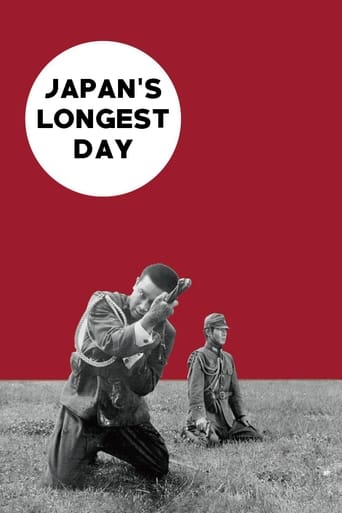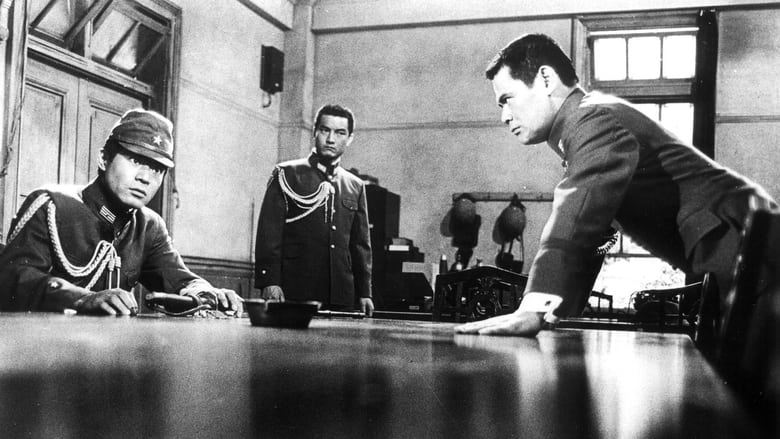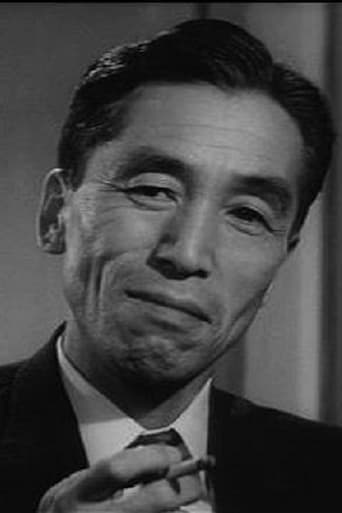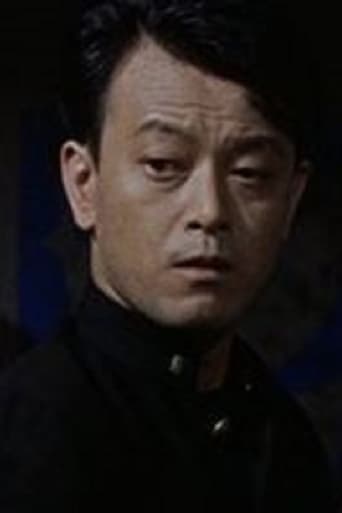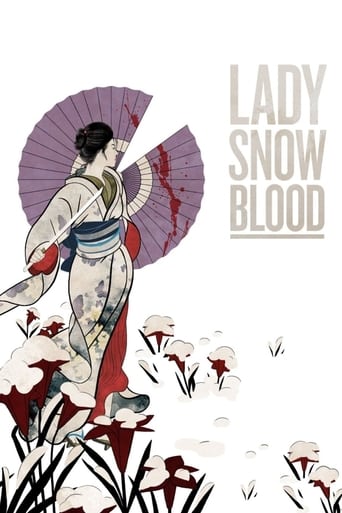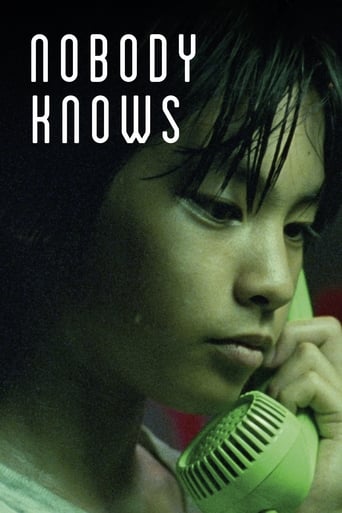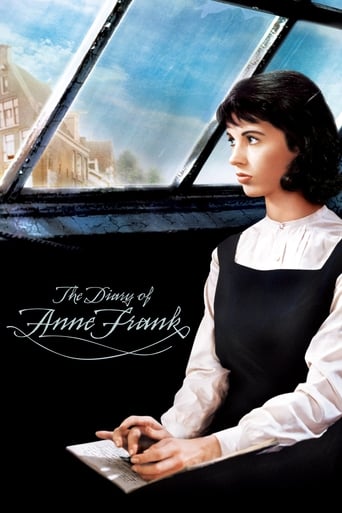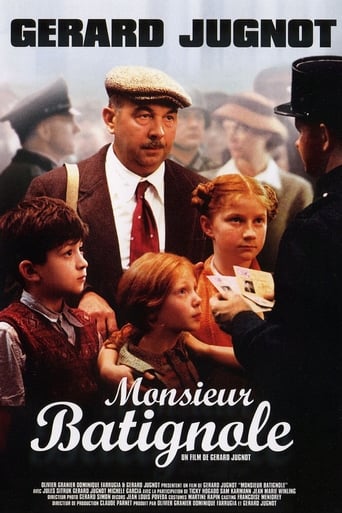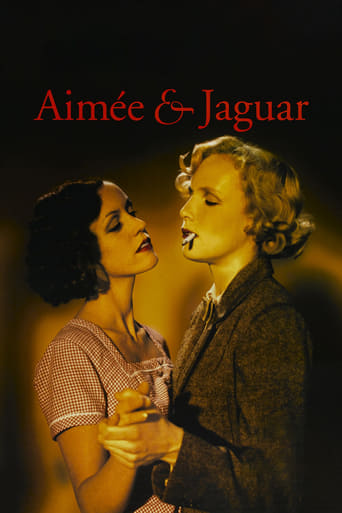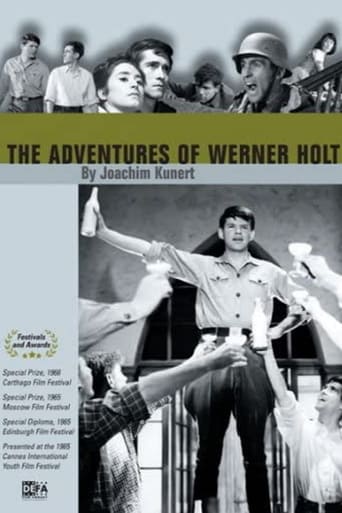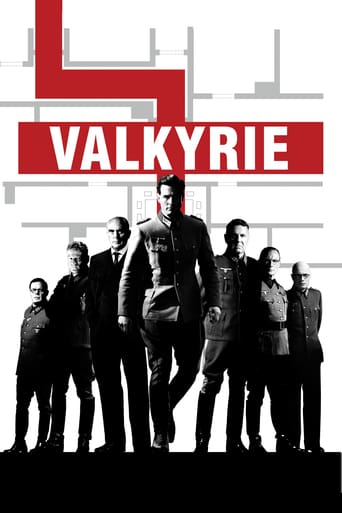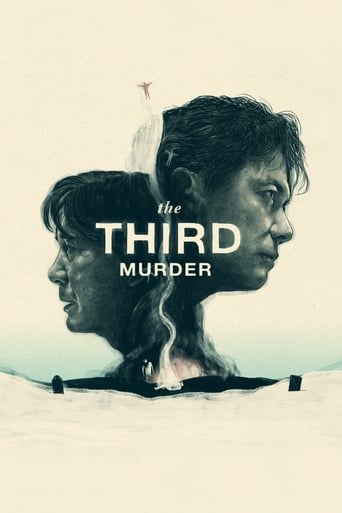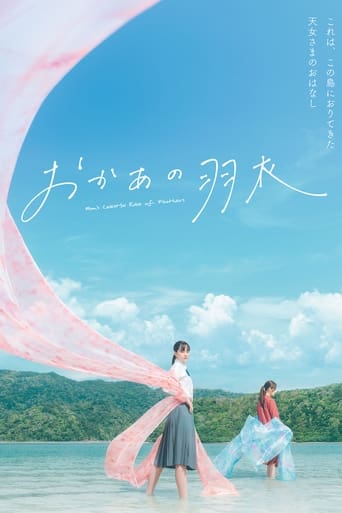Japan's Longest Day (1967)
Following the detonation of the atomic bombs on Hiroshima and Nagasaki, the Japanese military and the government clash over the demand from the Allies for unconditional surrender. Minister of the Army Anami leads the military officers who propose to fight on, even to the death of every Japanese citizen. Emperor Hirohito, however, joins with his ministers in asking the unthinkable, the peaceful surrender of Japan. When the military plots a coup to overthrow the Emperor's civilian government, Anami must face the choice between his desires and loyalty to his Emperor.
Watch Trailer
Free Trial Channels
Cast


Similar titles
Reviews
Great visuals, story delivers no surprises
Don't Believe the Hype
I think this is a new genre that they're all sort of working their way through it and haven't got all the kinks worked out yet but it's a genre that works for me.
Close shines in drama with strong language, adult themes.
By mid-August 1945 Japan's leaders knew that defeat in the "Greater East Asia War" was inevitable. The fire-bombings of Tokyo, the deployment of atomic bombs against Hiroshima and Nagasaki, and the Soviet Union's entry into the war against Japan underscored this reality. Yet there were two major impediments to Japan's surrender: bureaucratic paralysis and a looming coup attempt from within the armed forces. The first half of Japan's Longest Day chronicles the first of these obstacles with a high degree of historical accuracy (compare with Tsuyoshi Hasegawa's non-fiction book "Racing the Enemy," published in 2005). Chishu Ryu, Toshiro Mifune, and Takashi Shimura, familiar faces from many Yasujiro Ozu and Akira Kurosawa movies, portray members of Japan's divided cabinet with dignity and gravitas. Unfortunately, the second half of the movie unfolds more slowly than the first despite a great deal of shouting and violence during the coup attempt, and the script makes little attempt to situate the would-be army revolt in a philosophical or historical context. The film's final moments slip even further into myopia: Japan's military and civilian deaths are tallied, but no mention is made of the millions of deaths inflicted by Japan's armed forces in Asia. Despite these shortcomings, Japan's Longest Day is well worth watching for those with an interest in Japanese cinema or the end of World War II in the Pacific.
This is an interesting historical piece. It's the recreation of the last day of Japan before they announced their surrender to Allied forces on 8/15/45. And, it plays like a docudrama--with great attention to detail.The film is quite unusual in that the title credits for "Nihon No Ichiban Nagai Hi" do not appear until 21 minutes into the film. The time before this all is a condensation of the events in the final weeks of the war--the Potsdam ultimatum, the entry of the Soviet Union into the Pacific war and the use of the two atomic bombs. It is amazing that even after this, many of the more militaristic in the Cabinet wanted to continue fighting! To break this impasse, the Emperor himself decided that enough was enough--surrender must take place on the 15th. The bulk of this film is what occurs in the hours following his decision--when certain elements in the government refused to actually follow the dictates of their Emperor. To them, it was honorable and necessary to continue this futile struggle.The production is first-rate all around. Several big-name Japanese actors starred in this film--including Chishû Ryû and Toshirô Mifune. Interestingly, the actor who played the Emperor is difficult to ascertain, as you only catch tiny glimpses of him. I think this is because the cinematography was meant as a metaphor for the man--someone few Japanese had even seen and had never appeared in public or on radio to that point.By the way, while this film is excellent all around and also shows to a modern audience just how militaristic and determined the Japanese were (presenting a good argument for the use of the atomic bombs) , you should be aware that like the failed insurrection, it is very bloody--very. This is not a film for kids or the squeamish.
All historical adaptations take a certain artistic license with their source material. JAPAN'S LONGEST DAY is no exception, but for a variety of reasons, this film rises above the norm.The black and white photography, framed conservatively, has the feeling of reality, as if it were almost documentary. There are distinct emotional highs and lows as Japan's high command wrestles with the concepts of unconditional surrender (the Potsdam agreement) and the army's hopes of keeping the war going indefinitely; but the drama seems more real than posed. And despite that the events depicted here really happened, there's a palpable sense of tension in the narrative. JAPAN'S LONGEST DAY covers that short period just before the Allied bombings of Hiroshima and Nagasaki to Japan's surrender in August 1945. But the attention to detail is almost documentary in feel, as bureaucrats and politicos spar with each other to save what they feel is the spirit of Japan. This kind of film doesn't get much more compelling, and does a superior job at balancing accuracy with drama.
I had thought the title of this one was an American invention to capitalize off of the American film The Longest Day, but I do believe "Japan's Longest Day" is the actual title. It has nothing to do with the other film. It, in fact, depicts perhaps the most tense day in modern Japanese history, the 24 hours between August 14th and 15th, 1945. The simplified version of WWII history has the Japanese quickly surrendering with their tales between their legs after the Allies dropped the bomb on Hiroshima and Nagasaki, but a nation so wound up in nationalistic and militaristic pride wasn't ready to give up that easily. The film doesn't depict the citizenry one could imagine they would be mostly sick of war. But the military certainly was ready to go all the way, to have every person in Japan martyred. Emperor Hirohito, who is supposed to be looked upon as divine by his people, decided that his empire must surrender. Many of the heads of military only agree grudgingly. Many of their underlings rebel. Hirohito makes a recording of his surrender message, to be played at noon on the 15th. A group of soldiers tries to rally others not to listen, and they attempt a coup and try to steal the record. The film is long 2 hours and 37 minutes. We are given the names of every single character in the film I would venture to guess that over 100 names are thrown at us over the film, right up until the end. It's difficult to follow, but I don't believe it's necessary to understand every nuance of what was happening. The previous year, Kihachi Okamoto made what is probably his best (and best-known) film, Sword of Doom. Why choose him for this project? Well, there is at least one scene where that is pretty much answered (just remember that the Japanese soldiers still had samurai swords). Really, though, I don't think the direction is that impressive. As a film, it's nothing fantastic. But for the depiction of the minutiae of history, it's well worth watching. Toshiro Mifune, Takashi Shimura and Chishu Ryu all have large roles, but I honestly didn't even recognize them. They fade into these historical characters perfectly.

